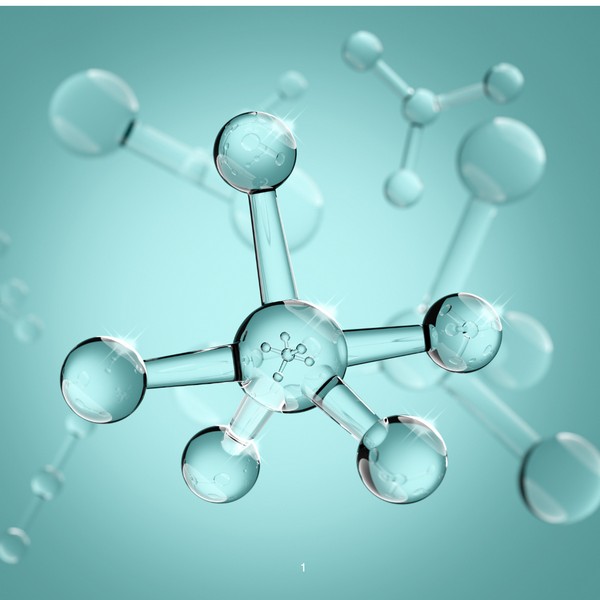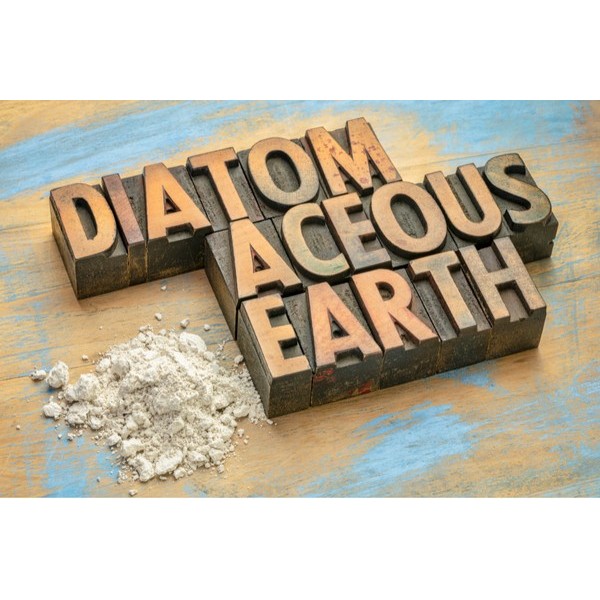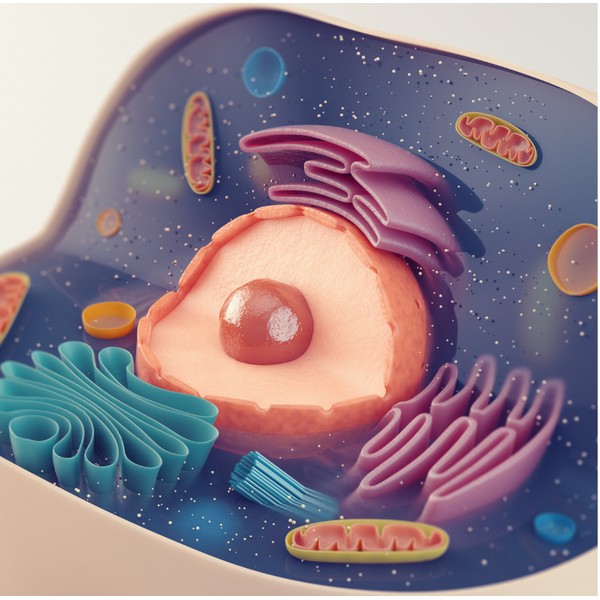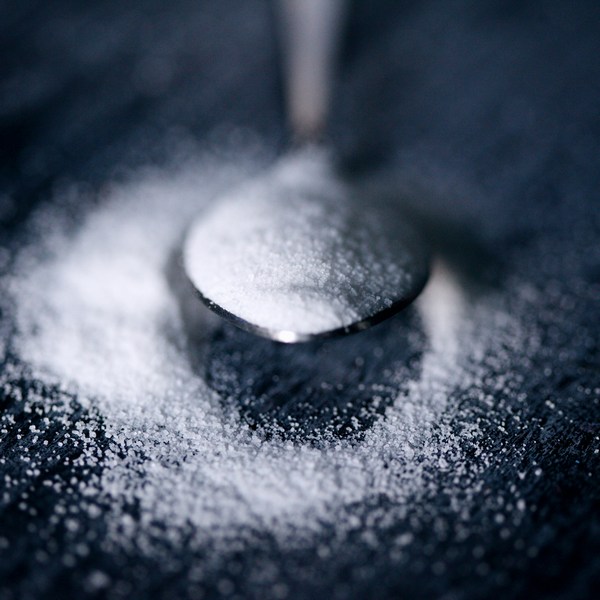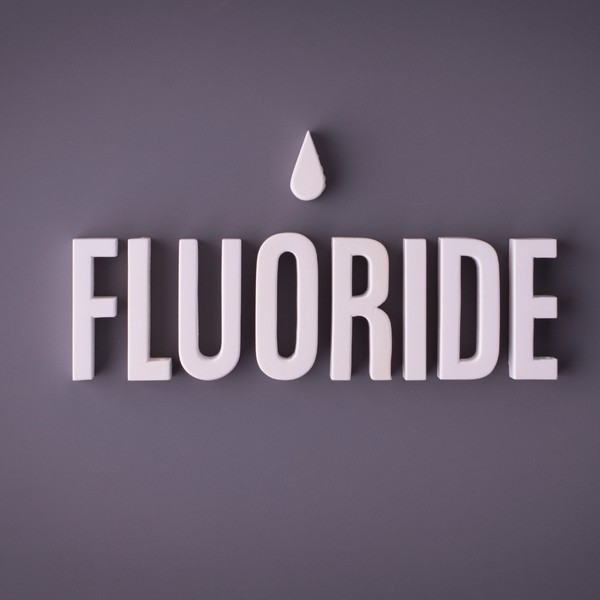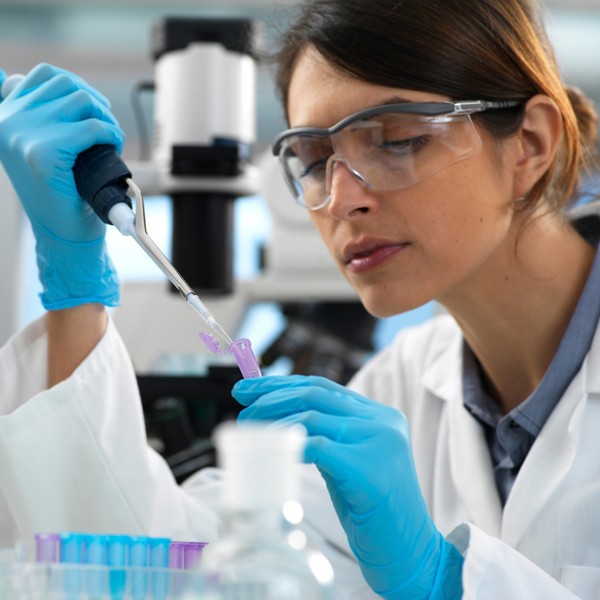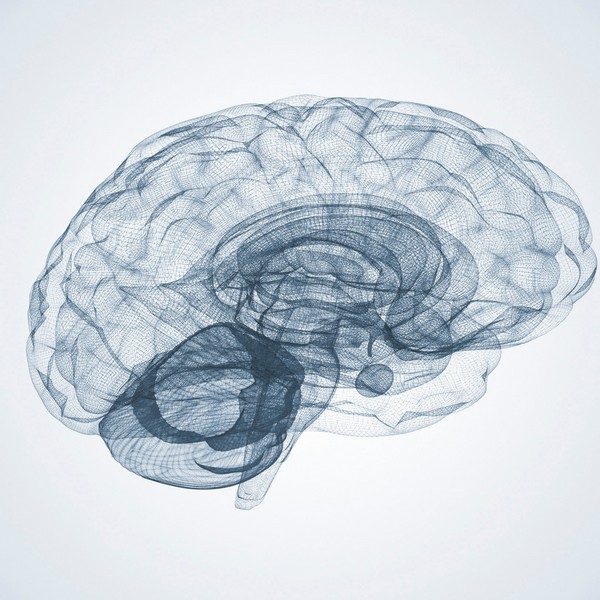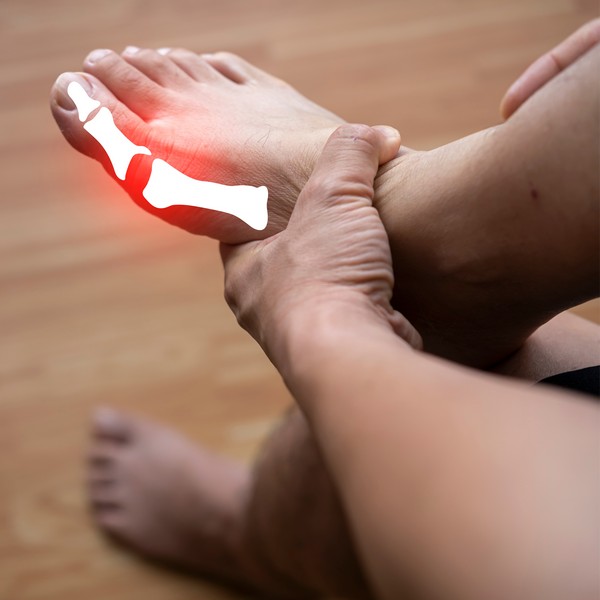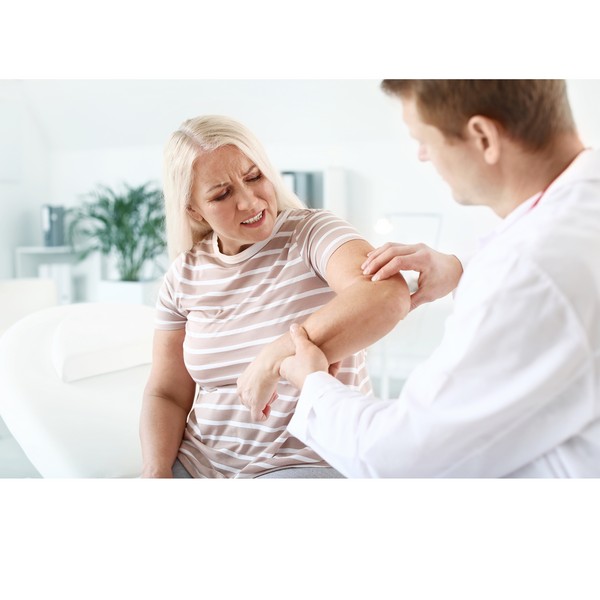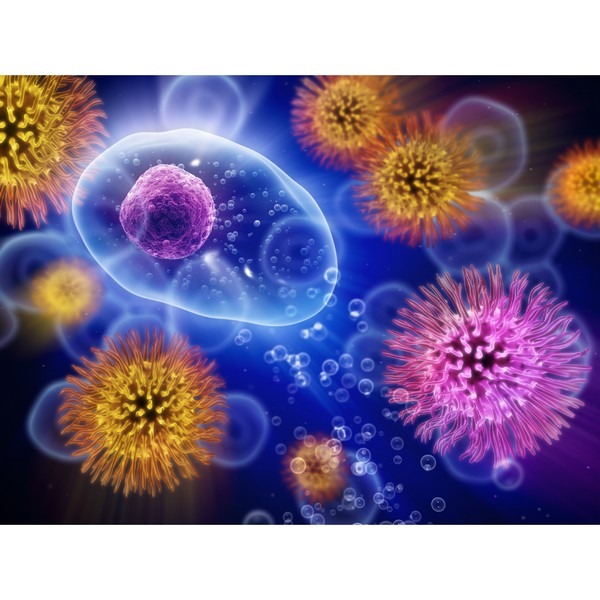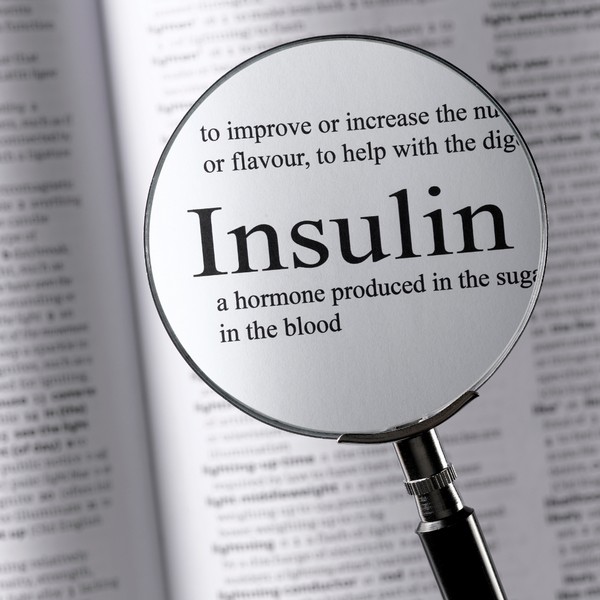Table of Contents
Menopause is a natural stage in a woman’s life marking the end of her reproductive period. Challenges of menopause include fluctuating hormones, weight loss, hot flashes, and mood swings.
Lifestyle changes can help prepare for menopause and manage its symptoms.
Exercise Routine
Regular physical activity is an essential component of preparing for menopause and improving overall well-being. Exercise has been shown to provide numerous benefits during this transitional phase in a woman’s life.
- Exercise releases endorphins, promoting happiness and well-being.
- Exercise helps manage weight gain and reduces the risk of chronic conditions.
- Physical activity alleviates symptoms like hot flashes and mood swings.
- Incorporating exercise enhances physical fitness and mental health.
- Activities like walking, jogging, or yoga can improve sleep quality, balance the autonomic nervous system, and reduce cortisol levels.
“We have the potential to have things go very, very wrong with how we consider menopause, because what we’re seeing is an incredible emergence of a for-profit industry associated with menopause,” @DrSarahLWhite https://t.co/Xc9QVCEmIb
— Prof Samantha Thomas (@Doc_Samantha) March 5, 2024
Managing Stress
Menopause signifies the end of a woman’s reproductive years. It brings relief from menstrual cycles and pregnancy concerns but also introduces challenges due to hormonal changes.
Proper stress management techniques and healthy lifestyle choices are essential for navigating menopause smoothly.
Challenges of Menopause:
Fluctuating hormones lead to symptoms like hot flashes and mood swings. Physical and emotional well-being can be significantly affected during this phase.
Effective Stress Management:
Incorporate relaxation techniques into daily routines, such as deep breathing exercises, meditation, and yoga. Positive movement helps manage weight changes and releases mood-improving endorphins.
Healthy Lifestyle Choices:
Limit caffeine and alcohol intake as they can worsen symptoms like hot flashes and sleep disturbances.
Improving Sleep Habits
Activity
Incorporating exercise into your day has been shown to promote better quality sleep and reduce symptoms of insomnia. Engaging in activities such as walking, swimming, or yoga can help relieve the stress and anxiety that often accompany this stage in life, leading to improved overall sleep patterns.
Routine
Prioritizing good sleep hygiene is essential for managing the symptoms of menopause, including insomnia. Creating a consistent bedtime routine can signal to the body that it’s time to wind down and prepare for rest. This can include practices such as avoiding screens before bed, practicing relaxation techniques like deep breathing or meditation, and creating a dark and quiet sleep environment.
Dinner
Certain foods before bed, such as caffeine or spicy foods, may disrupt sleep due to their stimulant properties or potential for causing heartburn. It’s recommended to opt for lighter meals at dinner time and limit alcohol intake as it can interfere with a restful night’s sleep. By prioritizing good sleep hygiene through these lifestyle changes women going through menopause can experience better rest and alleviate some of the challenges that come with this natural phase in life.
Seeking Emotional Support:

Building a strong support network is crucial when going through menopause. Connecting with friends, family members, or support groups who understand what you’re experiencing can provide much-needed emotional support.
Sharing your feelings and concerns with others who have gone or are going through menopause can help validate your experiences and guide you in coping with the changes.
Seeking professional help is another important step in managing emotional changes during menopause. A healthcare provider specializing in menopause can offer valuable advice and treatment options tailored to your specific needs.
Therapy sessions with a licensed therapist trained in dealing with menopausal issues can provide tools and coping mechanisms to navigate the emotional ups and downs associated with this phase of life.
Overall, seeking both social connections and professional assistance ensures that you have the necessary resources available to manage emotional changes during menopause effectively.
Adjusting Your Diet
Adjusting your diet can be a key element in alleviating menopausal symptoms. During this phase, hormone levels fluctuate, leading to various physical and emotional changes.
Eating certain foods can help balance hormones and reduce the severity of symptoms such as hot flashes and mood swings.
When considering the dietary needs of postmenopausal women, it’s essential to focus on foods that support overall health and address potential concerns related to this life stage.
While there isn’t a one-size-fits-all approach, several food groups are widely recognized for their beneficial effects on postmenopausal health based on scientific evidence:

- Copper-Rich Foods: Optimizing copper levels should allow for the regulation of iron, which accumulates once menstruation stops. Load up on shellfish and grass-fed liver.
- Healthy Fats: Incorporating sources of healthy fats, such as fatty fish, grass-fed ghee, and butter, can support heart health and cognitive function. Omega-3 fatty acids found in fatty fish are particularly beneficial for reducing inflammation and supporting brain health.
- Protein-Rich Foods: Protein is essential for maintaining muscle mass, bone health, and overall strength. Include sources of protein such as fatty grass-fed red meat
- Calcium-Rich Foods: Postmenopausal women are at an increased risk of osteoporosis, making calcium-rich foods crucial for maintaining bone health. Ideal sources include raw dairy products like milk, yogurt, and cheese.
- Vitamin D Sources: Vitamin D is essential for calcium absorption and bone health. Postmenopausal women often have lower vitamin D levels, so incorporating sources like cod liver or cod liver oil, pasture-raised eggs, and spending time in the sun can help maintain adequate levels.
- Flaxseeds: Flaxseeds are rich in lignans, a type of phytoestrogen that may help alleviate menopausal symptoms such as hot flashes.
It’s important to note that individual dietary needs may vary, and consulting with a healthcare provider or registered dietitian can help tailor dietary recommendations to specific health concerns and preferences.
Focusing on overall whole food animal-based, low-carbohydrate dietary patterns rather than specific foods alone is key to promoting optimal health and well-being in postmenopausal women.
Considering Alternative Therapies

While hormonal replacement therapy (HRT) is commonly used, some women prefer natural approaches. Incorporating alternative therapies into one’s routine can complement the lifestyle changes that are recommended for preparing for menopause.
While it’s essential to consult with healthcare professionals before making any significant changes or incorporating new treatments into one’s regimen, exploring natural remedies and alternative therapies offers a holistic approach towards managing menopause symptoms effectively.
Additional Copper
Menopausal women can reap significant benefits from copper supplementation above anything else, particularly concerning bone health and overall well-being.
Several scientific studies underscore the pivotal role of copper in mitigating bone loss and preventing complications associated with menopause.
Copper holds a pivotal role in human iron metabolism and regulation, exerting its influence through several vital mechanisms:
- Facilitating Iron Uptake: Copper’s presence is crucial for the efficient absorption of dietary iron within the intestines. It contributes to the synthesis of ceruloplasmin, a key protein involved in iron transport. Ceruloplasmin aids in converting ferrous iron (Fe2+) to ferric iron (Fe3+), a necessary step for its binding to transferrin, the primary carrier protein responsible for transporting iron throughout the bloodstream.
- Ensuring Iron Transportation: The functionality of transferrin, the primary vehicle for iron transport in the blood, relies significantly on copper. Copper plays a pivotal role in the synthesis and maintenance of transferrin, ensuring the proper ferrying of iron to where it’s needed within the body.
- Supporting Heme Production: Copper’s involvement in heme synthesis is paramount. Heme, an iron-containing compound, constitutes a fundamental component of hemoglobin, the protein responsible for oxygen transportation in red blood cells. Copper’s participation in heme synthesis ensures the adequate production of hemoglobin, preventing anemia and sustaining proper oxygen delivery throughout the body.
- Regulating Iron Storage: Copper also contributes to the regulation of iron storage within the body. It facilitates the synthesis of ferritin, a protein responsible for storing excess iron in tissues. By aiding in the maintenance of optimal ferritin levels, copper helps uphold iron homeostasis, preventing both iron deficiency and excess accumulation-related disorders.
In essence, copper’s multifaceted involvement in iron metabolism and regulation underscores its indispensable nature in maintaining overall human health.
Any disruption in copper levels can potentially lead to dysfunctions in these vital processes, highlighting the intricate interplay between these two essential minerals.
Research by Yun et al. (2021) elucidates the association between metabolic syndrome and iron status in pre-and postmenopausal women.
Copper’s involvement in iron metabolism suggests its potential relevance in mitigating metabolic disturbances commonly observed during menopause.
Moreover, D’Amelio et al. (2008) emphasize the interplay between iron metabolism, oxidative damage, and postmenopausal bone loss.
Copper, known for its antioxidant properties, may mitigate oxidative stress-induced bone resorption, thus contributing to the preservation of bone density in menopausal women.
Magnesium
Most individuals would benefit from optimal magnesium levels no matter their situation. Post-menopausal women in particular could see tremendous benefit from an increased intake of magnesium. High-quality magnesium supplements are easily available and safe.
“The dietary intake of magnesium supplement may be useful in reducing
Sharma, Ramprakash & Sharma, Pernika & Kumar, P. & Gupta, Gaurav. (2016). Role of magnesium in post-menopausal women with osteoporosis and osteopenia. 9. 183-184 https://www.researchgate.net/
the adverse effect of osteoporosis“
.
Further Interventions
| What is it? | What does it do? | How does it work? |
|---|---|---|
| Fenugreek (Trigonella foenum-graecum) is an herb commonly used in traditional medicine. | Reduces hot flashes and night sweats. May improve mood and overall well-being. | Contains phytoestrogens that help balance hormonal fluctuations during menopause. |
| Vitamin E Complex is an antioxidant found in anatto, wheat germ oil and red palm oil | Reduces hot flashes and night sweats. Supports skin health. | Antioxidant properties may protect against oxidative stress during menopause. |
| Chasteberry, also known as Vitex agnus-castus, has been used historically to alleviate women’s health issues. | May improve mood and reduce hot flashes during menopause. | Contains phytoestrogens that mimic estrogen, helping regulate hormonal changes. |
| American Ginseng (Panax quinquefolius) is an adaptogenic herb | Supports cognitive function and energy levels. May reduce hot flashes and improve overall well-being. | Contains ginsenosides that may help balance hormones and enhance blood flow. |
| Maca (Lepidium meyenii) is a root vegetable native to the Andes | Supports energy levels and libido. Reduces menopausal symptoms such as hot flashes and mood swings. | Contains adaptogens that help the body adapt to stress and hormonal changes. |
| Black Cohosh is a flowering plant native to North America | Reduces hot flashes and night sweats. May improve mood and sleep quality. | Contains phytoestrogens that may bind to estrogen receptors, providing relief from hormonal imbalances. |
| Red clover is a herbaceous species of flowering plant that contains isoflavones | Supports cardiovascular health. Eases hot flashes and improves bone density. | Isoflavones interact with estrogen receptors, providing mild estrogenic effects. |
Remember to consult with a healthcare professional before starting any natural remedies, especially if you have underlying health conditions or are taking medications. These natural approaches can complement conventional treatments and improve your overall well-being during menopause.
Frequently Asked Questions
What is the purpose of a menopause supplement?
While some women can go from perimenopause to menopause easily, some are lucky. Menopause supplements consist mainly of vitamins, mineral or botanical ingredients designed to help reduce symptoms resulting from menopause. Often women use menopausal supplements to relieve these menopausal symptoms without taking any risk of hormone replacement.” She added that some supplements help people with weight loss.
What medication is used to lose weight during menopause?
Semaglutide can reduce and maintain a woman’s weight during the middle of menopause by helping to prevent the onset / prolongation.
What hormones help with menopause weight gain?
Several research studies suggest estrogen agonists are helpful in lowering resting metabolic rates. These things can decrease the weight gain. Using too much estrogen will increase fat storage and reduce weight gain.
Research Kim, B.-J., Ahn, S.H., Bae, S.J., Kim, E.H., Lee, S.-H., Kim, H.-K., Choe, J.W., Koh, J.-M. and Kim, G.S., 2012. Iron overload accelerates bone loss in healthy postmenopausal women and middle-aged men: A 3-year retrospective longitudinal study. Journal of Bone and Mineral Research, [online] 27(11), pp.2279–2290. https://doi.org/10.1002/jbmr.1692 Kim, C., Nan, B., Kong, S. and Harlow, S., 2012. Changes in Iron Measures over Menopause and Associations with Insulin Resistance. Journal of Women’s Health, [online] 21(8), pp.872–877. https://www.ncbi.nlm.nih.gov/pmc/articles/PMC3411341/ Yun, S., Nguyen, H.D., Park, J.S., Oh, C. and Kim, M.-S., 2021. The association between the metabolic syndrome and iron status in pre- and postmenopausal women: Korean National Health and Nutrition Examination Survey (KNHANES) in 2012. British Journal of Nutrition, [online] 127(4), pp.630–640. https://doi.org/10.1017/s0007114521001331 D’Amelio, P., Cristofaro, M.A., Tamone, C., Morra, E., Di Bella, S., Isaia, G., Grimaldi, A., Gennero, L., Gariboldi, A., Ponzetto, A., Pescarmona, G.P. and Isaia, G.C., 2008. Role of iron metabolism and oxidative damage in postmenopausal bone loss. Bone, [online] 43(6), pp.1010–1015. https://doi.org/10.1089%2Fars.2009.2576 Chen, B., Li, G., Shen, Y., Huang, X., & Xu, Y. (2015). Reducing iron accumulation: A potential approach for the prevention and treatment of postmenopausal osteoporosis (Review). Experimental and Therapeutic Medicine, 10, 7-11. https://doi.org/10.3892%2Fetm.2015.2484 Cheng, Q., Zhang, X., Jiang, J., Zhao, G., Wang, Y., Xu, Y., Xu, X. and Ma, H., 2017. Postmenopausal Iron Overload Exacerbated Bone Loss by Promoting the Degradation of Type I Collagen. BioMed Research International, [online] 2017, pp.1–9. https://doi.org/10.1155/2017/1345193. Sharma, Ramprakash & Sharma, Pernika & Kumar, P. & Gupta, Gaurav. (2016). Role of magnesium in post-menopausal women with osteoporosis and osteopenia. 9. 183-184 Park, H., Parker, G.L., Boardman, C.H. et al. A pilot phase II trial of magnesium supplements to reduce menopausal hot flashes in breast cancer patients. Support Care Cancer 19, 859–863 (2011). https://doi.org/10.1007/s00520-011-1099-7 Baber, R. J., Templeman, C., Morton, T., Kelly, G. E., & West, L. (1999). Randomized placebo-controlled trial of an isoflavone supplement and menopausal symptoms in women. Climacteric, 2(2), 85-92. Borrelli, F., Ernst, E. (2009). Black cohosh (Cimicifuga racemosa) for menopausal symptoms: A systematic review of its efficacy. Pharmacological Research, 62(5), 44-53. Chen, M. N., Lin, C. C., Liu, C. F. (2007). Efficacy of phytoestrogens for menopausal symptoms: A meta-analysis and systematic review. Climacteric, 10(2), 120-136. Duffy, C., Perez, K., Partridge, A., Aftosmes-Tobio, A., Berg, A., Holmberg, A., … & Waring, M. E. (2019). Vitamin D supplementation and symptoms of menopause: A randomized controlled trial. Menopause, 26(6), 670-676. Geller, S. E., Shulman, L. P., van Breemen, R. B., Banuvar, S., Zhou, Y., Epstein, G., … & Hedayat, S. (2009). Safety and efficacy of black cohosh and red clover for the management of vasomotor symptoms: A randomized controlled trial. Menopause, 16(6), 1156-1166. Hidalgo, L. A., Chedraui, P. A., Morocho, N., Ross, S., & San Miguel, G. (2005). The effect of red clover isoflavones on menopausal symptoms, lipids and vaginal cytology in menopausal women: A randomized, double-blind, placebo-controlled study. Gynecological Endocrinology, 21(5), 257-264. https://doi.org/10.1080/09513590500361192 Hirata, J. D., Swiersz, L. M., Zell, B., Small, R., Ettinger, B., & Chen, G. (1997). Does dong quai have estrogenic effects in postmenopausal women? A double-blind, placebo-controlled trial. Fertility and Sterility, 68(6), 981-986. Huntley, A. L., & Ernst, E. (2003). A systematic review of herbal medicinal products for the treatment of menopausal symptoms. Menopause, 10(5), 465-476. Kupfersztain, C., Rotem, C., Fagot, R., Kaplan, B. (2003). The immediate effect of natural plant extract, Angelica sinensis and Matricaria chamomilla (Climex) for the treatment of hot flushes during menopause. A preliminary report. Clinical and Experimental Obstetrics & Gynecology, 30(4), 203-206. Lethaby, A., Marjoribanks, J., Kronenberg, F., Roberts, H., Eden, J., & Brown, J. (2013). Phytoestrogens for menopausal vasomotor symptoms. Cochrane Database of Systematic Reviews, (12). Nelson, H. D., Vesco, K. K., Haney, E., Fu, R., Nedrow, A., Miller, J., … & Humphrey, L. (2006). Nonhormonal therapies for menopausal hot flashes: Systematic review and meta-analysis. JAMA, 295(17), 2057-2071. Newton, K. M., Reed, S. D., LaCroix, A. Z., Grothaus, L. C., Ehrlich, K., & Guiltinan, J. (2006). Treatment of vasomotor symptoms of menopause with black cohosh, multibotanicals, soy, hormone therapy, or placebo: A randomized trial. Annals of Internal Medicine, 145(12), 869-879.
Are Energy Drinks Dangerous?
Key Takeaways: Caffeine is the most common stimulant in energy drinks. Sugar, though harmful, is widely used in energy drinks. Electrolytes help maintain hydration and…
Melatonin: Functions and Benefits
Key Takeaways Melatonin helps regulate sleep-wake cycles, signaling the body to rest as it gets dark. It acts as an antioxidant, protecting cells from damage….
Sunburn Prevention: Holistic and Natural Approaches
Key Takeaways A poor diet increases the risk of sunburn and skin damage. Short, regular sun exposure reduces the risk of sunburn. Early morning and…
Superoxide Dismutase: Your Body’s Antioxidant Defender
Key Takeaways SOD protects against oxidative stress by neutralizing free radicals. Copper is necessary for SOD to function. Low SOD activity can lead to aging,…
Bromate: Its Impact on Your Thyroid & Nervous System
Key Takeaways Bromate is a toxic byproduct from water disinfection, impacting thyroid and nervous system health. It interferes with iodine, leading to thyroid dysfunction and…
DNA & Longevity: Can You Live to 200?
Key Takeaways: Longevity is shaped by a mix of genetics and lifestyle. Certain genes are linked to longer lifespans. Lifestyle choices can influence how long…
Diatomaceous Earth: Natural Uses & Benefits
Key Takeaways – Diatomaceous earth is a natural powder made from fossilized algae called diatoms. – It helps cleanse the body of toxins and heavy…
The Randle Cycle: Glucose Fat Energy Dilemma
Key Takeaways The Randle Cycle explains how the body chooses between burning glucose and fatty acids for energy. Enzymes and hormones play a key role…
Do Artificial Sweeteners Cause Weight Gain? The Surprising Truth
Key Takeaways – Artificial sweeteners may disrupt gut microbiome balance, impacting digestion and immune health. – These sweeteners can interfere with natural metabolism, leading to…
Natural Remedies for Common Ailments: From Headaches to Allergies
Key Takeaways The appeal of natural remedies lies in their holistic approach, fewer side effects, and environmental sustainability. Specific natural remedies can effectively alleviate common…
Fluoride: Risks & Controversies
Key Takeaways Fluoride is widely used in dental products and water supplies, but its safety is debated. Overexposure to fluoride can lead to conditions like…
Ceruloplasmin: The Master Antioxidant
Key Takeaways: Ceruloplasmin is a copper-containing enzyme essential for iron metabolism and preventing oxidative stress. It helps transport iron safely, preventing iron overload in tissues…
Gestational Diabetes Management: Expert Tips for Success
Key Highlights Gestational diabetes, marked by glucose intolerance during pregnancy, requires careful blood sugar control. A healthy pregnancy with gestational diabetes includes regular exercise, a…
Elimination Diets: Find the Foods Behind Your Symptoms
Key Takeaways Elimination diets identify food intolerances by removing and reintroducing specific foods. Divided into two phases: elimination and reintroduction. Items like gluten, soy, and…
GABA (gamma-aminobutyric acid)
Key Takeaways GABA is a neurotransmitter that helps calm the nervous system. Low GABA levels can lead to anxiety, stress, and sleep problems. Natural precursors…
Gout: Symptoms & Natural Treatment
Osteoarthritis Symptoms & Home Remedies
Key Takeaways Lifestyle adjustments and alternative therapies contribute to overall symptom management. Low-impact exercises and physical activity help maintain mobility and reduce pain. Heat and…
11 Amazing Tips to Improve Your Sleep Quality
Limit Power NapsModulate Sunlight ExposurePay Attention to CaffeineSchedule BedtimePlan Ahead for DinnertimeMelatonin: Not what you thoughtSleep EnvironmentHot Bath or ShowerEliminate Blue LightSleep StackAdrenal CocktailMagnesium The…
Managing Menopause Symptoms – A Guide to Navigate this Life Stage
Exercise RoutineManaging Stress Improving Sleep HabitsSeeking Emotional Support:Adjusting Your DietConsidering Alternative TherapiesFrequently Asked Questions Menopause is a natural stage in a woman’s life marking the…
Oxidative Stress: Causes, Effects, Solutions
Key Takeaways Oxidative stress results from an imbalance between free radicals and antioxidants in the body, leading to cellular damage. Chronic oxidative stress contributes to…
The EWG Dirty Dozen: What You Need to Know
Key Takeaways The Dirty Dozen list highlights fruits and vegetables with the highest levels of pesticide residues. In 2024, strawberries, spinach, and kale top the…
Why Sunlight is Essential for a Healthy Life
Key Takeaways Sunlight helps the body produce vitamin D, supporting bone health and immune function. Exposure to sunlight can improve mood and reduce symptoms of…
Autism: Causes, Symptoms, and Management
Key Takeaways Autism Spectrum Disorder (ASD) is a complex neurodevelopmental condition that varies widely in symptoms and severity. Both genetic and environmental factors contribute to…
Adrenal Fatigue: Symptoms & Prevention
Key Takeaways: Adrenal fatigue is often linked to prolonged stress, leading to tiredness, brain fog, and mood swings. Disruptions in cortisol production can affect energy,…
Does Grounding or Earthing Actually Work?
Key Takeaways Grounding involves direct physical contact with the earth, which may support overall health. Walking barefoot or using grounding mats can balance the body’s…
How Insulin Regulates Blood Sugar
Key Takeaways Insulin helps regulate blood sugar by moving glucose into cells. Imbalances in insulin levels can cause conditions like diabetes. Insulin resistance can lead…
Adrenal Cocktail: Recipe and Benefits
Key Takeaways The adrenal cocktail supports adrenal health and maintains energy levels. Combines potassium, sodium, and vitamin C for effective adrenal nourishment. Consumed in the…



